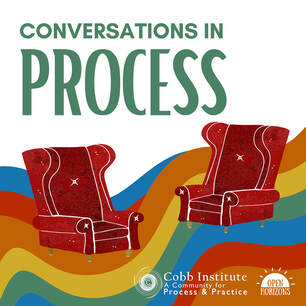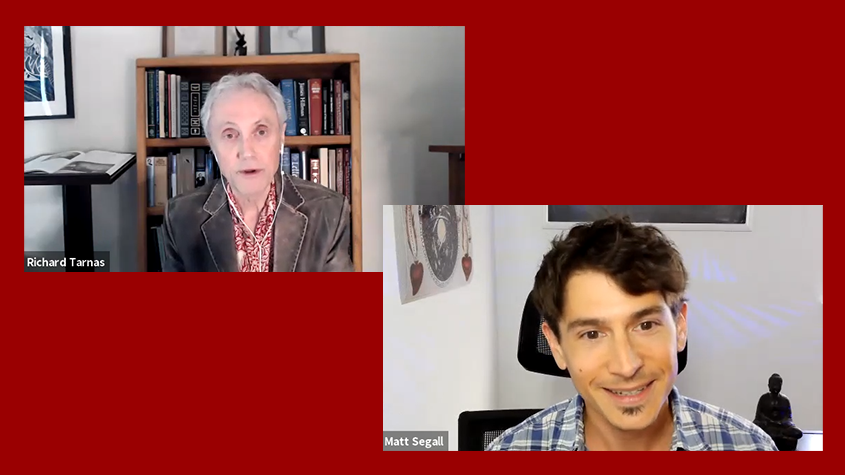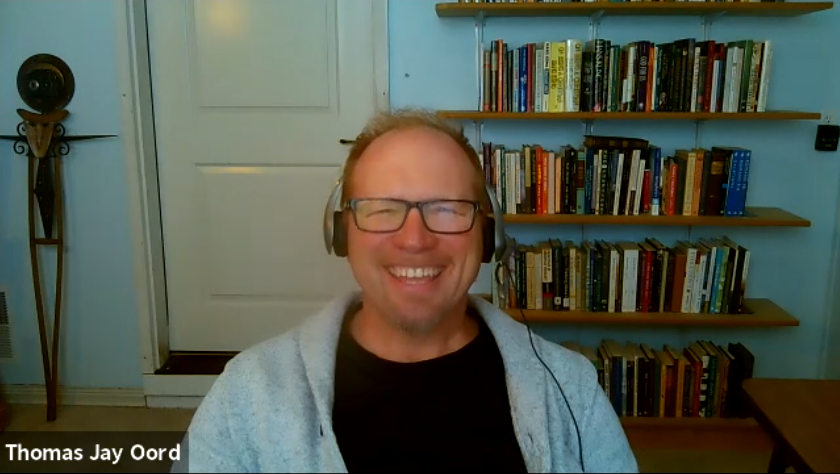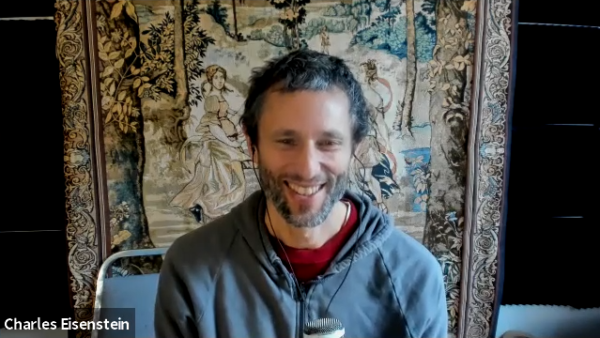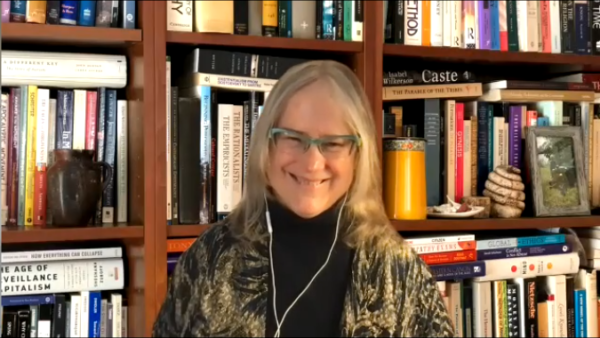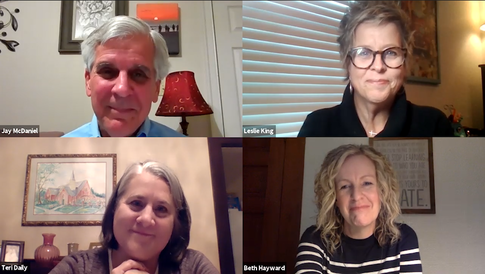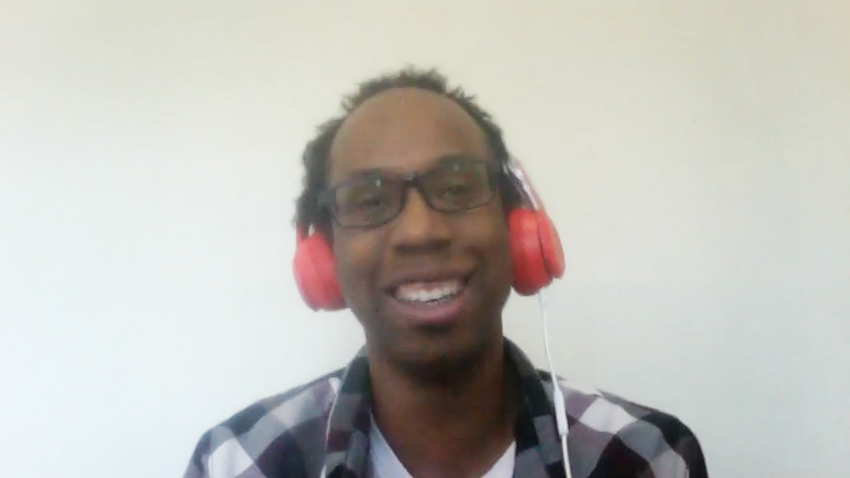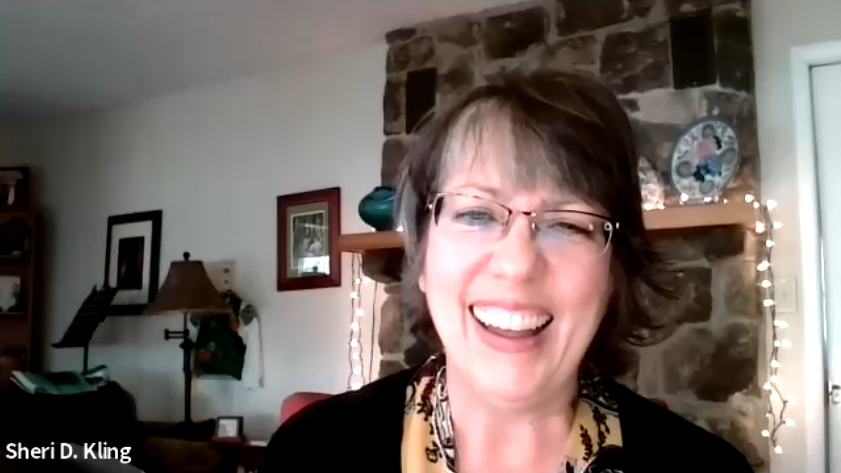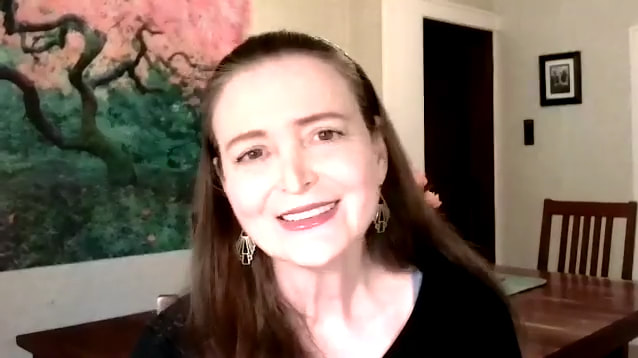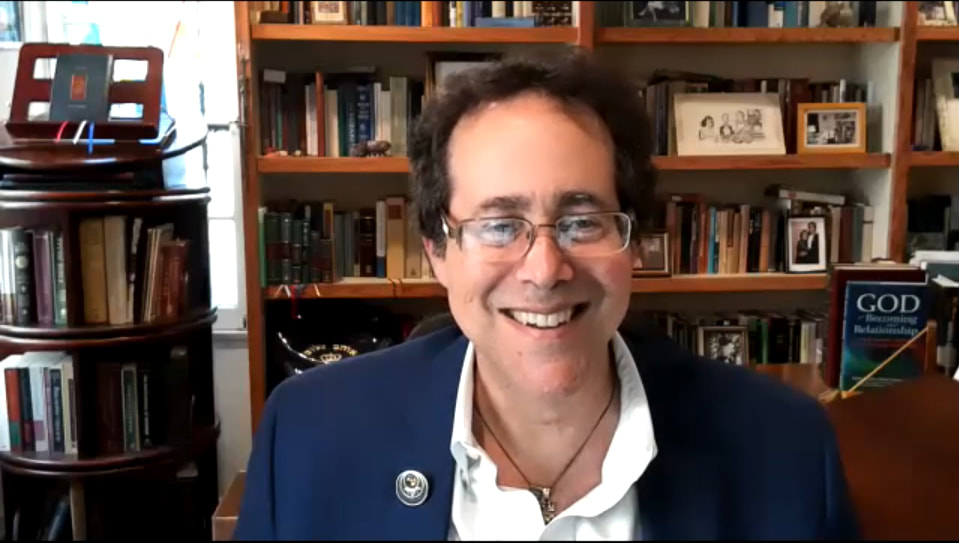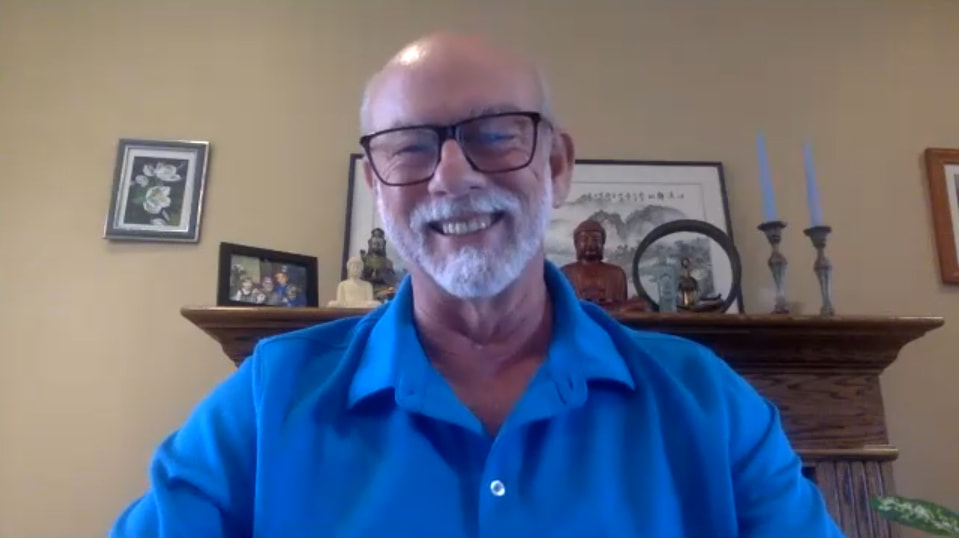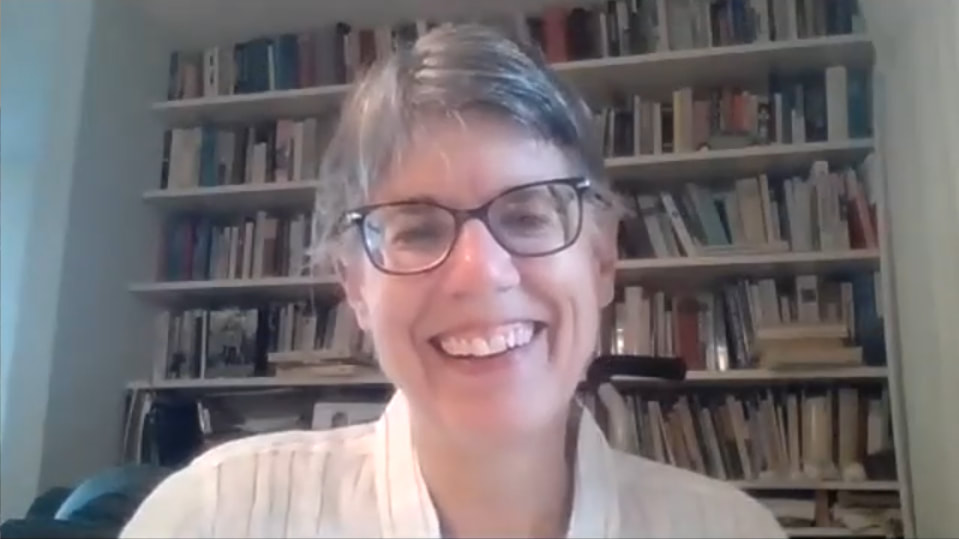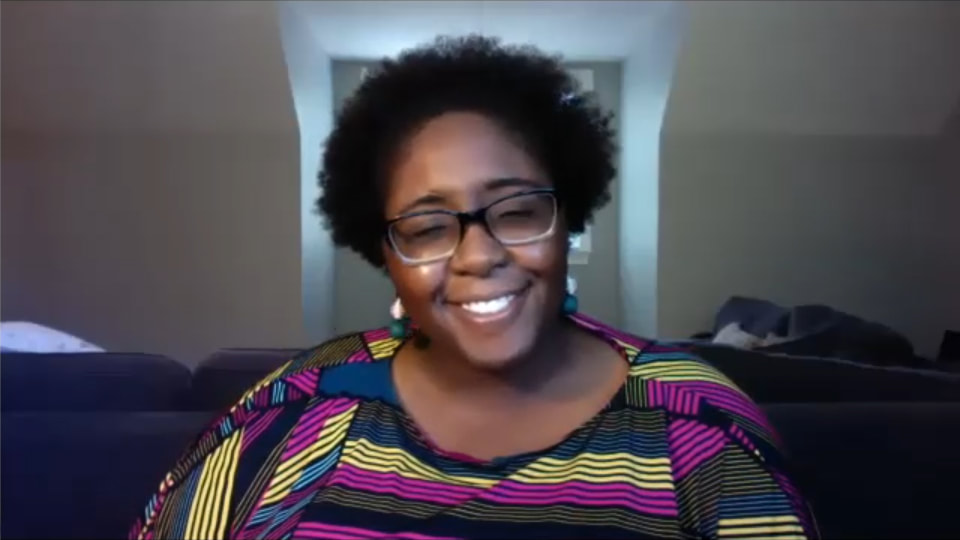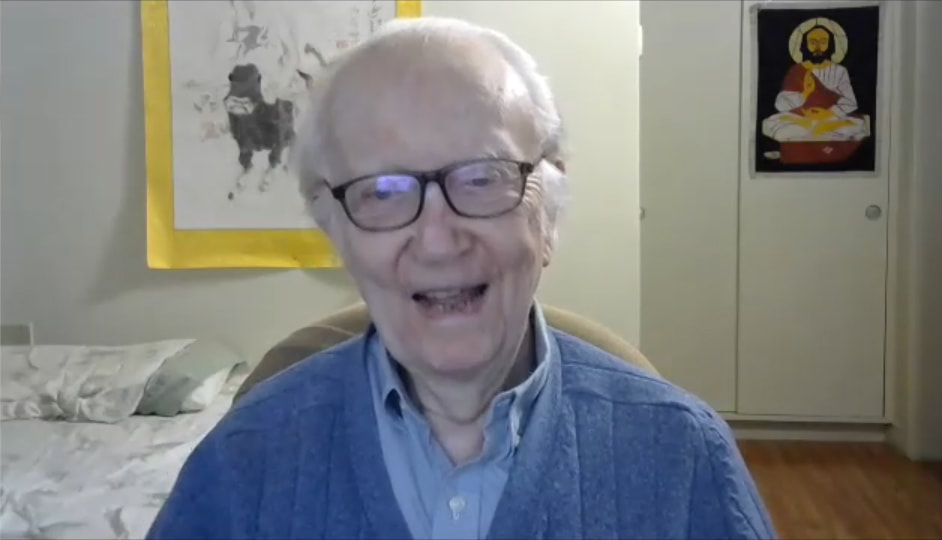- Home
- Process Worldview
- Community
- Art and Music
- Whitehead and Process Thinking
- Podcasts
- Spirituality
- Ecological Civilization
- Education
- Contact
- Social Justice
- Science
- Animals
- Sacred Poems
- Whitehead Videos
- Index of All Titles
- Practicing Process Thought
- Process Spirituality: A Spiritual Alphabet
- Recent Posts
Hosted by Jay McDaniel, Conversations in Process aims to understand and explore a process outlook on life, with its emphasis on inter-becoming; the intrinsic value of all life; the presence of fresh possibilities; and the need create communities that are creative, compassionate, diverse, inclusive, and participatory; humane to animals, and good for the earth, with no one left behind.
We also aim to learn from people that practice what we call the process way, even if they’re not especially interested in the process outlook. One of the practices of the process way is to listen; it’s to learn from people; it’s to be humble in the presence of others, and realize they may have wisdom we lack. So in these conversations we’ll be talking to some people who know a lot about the process outlook, and some who know very little, but who practice in ways that we want to learn from.
We also aim to learn from people that practice what we call the process way, even if they’re not especially interested in the process outlook. One of the practices of the process way is to listen; it’s to learn from people; it’s to be humble in the presence of others, and realize they may have wisdom we lack. So in these conversations we’ll be talking to some people who know a lot about the process outlook, and some who know very little, but who practice in ways that we want to learn from.
Recent episodes
Richard Tarnas & Matthew D. Segall – Journeying Within a Cosmic Journey
|
Maybe we’re not lost in the cosmos after all. Years ago the novelist Walker Percy wrote a book called Lost in the Cosmos, in which he showed how, overly shaped by a rigidly scientistic approach to life, we humans lack any rich connection with the universe of which we are a part and, by implication, with ourselves and our neighbors. We know a lot about the periodic table and the laws of thermodynamics, but not a lot about how to live and love, creating societies of creativity and compassion. Richard Tarnas, known for his The Passion of the Western Mind and Cosmos and Psyche, presents a needed alternative. He invites us to imagine the universe as an unfolding journey, filled with multiple dimensions, both physical and archetypal; and to recognize our own embeddedness in this beautiful and dynamic whole. We are journeying within a cosmic journey. In conversation with Matthew Segall and Jay McDaniel, Tarnas shows how Whitehead influenced his thinking. He invites us to consider how the movements of the planets, no less than the movements of our hearts, can help us find our way in a vast and creative universe. We can be found, not lost, in the cosmos.
|
Thomas Jay Oord - Opening the Love of God
|
In a time of skepticism concerning religious belief, let’s talk about God and Love. Is it true that there really is a loving God, but that God does not know the future in advance? Is it true that God cannot control what happens in the world, but that God can indeed lure or guide the world into well-being if the world responds? Is it true that God shares in the experiences of each and all, as a fellow sufferer who understands? Is it true that God is Love: not human love, but rather a cosmic love within us and beyond us, everywhere at once, flowing from a personal being, beyond specific location, who listens to us, hears our prayers, and cares for us and all creatures, all of the time? Thomas Oord answers “yes” to all of these questions. The author of many books on God and love, and a talented photographer as well, he is a key leader in the “open and relational theology” movement. We spend an hour with him talking about his life, his work, his ideas, and his hopes for the future.
|
Charles Eisenstein – Honoring the Relationality of Life
|
Charles Eisenstein knows that something more is possible. As you listen to him you might think: “He articulates a lot of what process philosophers like Whitehead believe, but he says it even better.” Eisenstein takes us into a world of inter-becoming, mutual immanence, and sensitivity to the intrinsic value of all life, inviting us to live with reverence and care for one another and the whole of life. He offers a metaphysics for ecological civilization, and does so with grace and clarity, humor and honesty, passion and insight. One of his most important books is “The More Beautiful World Our Hearts Know is Possible.” He takes us into that world.
|
Jeanyne Slettom – The Transformative Power of Process
|
Let’s say you go to seminary in the mid-80s; that your sense of spirituality has always been connected with nature, especially water; that you love music and the arts; that you are theologically engaged, although you don’t quite believe in the “gotcha” God who is always judging you. You were away from the church and from religion for 35 years, but these days are different. You sense that a love of nature, a concern for justice, and a love of God can be part of a single whole. People tell you that “you think like a process theologian.” You begin to learn more and more about process theology, and how that might feed your soul and nourish a local Christian congregation, both
|
theologically and liturgically. If your journey is anything like this, or even if it’s not, you’ll find Jeanyne Slettom’s story engaging and inspiring. She is a pioneer in the Process and Faith movement and editor of Process Century Press.
Freshly Baked Food, the Dark and Starlit Sky, and the Space Within: A Process Christmas Meditation
|
The smells of freshly baked food, the beauty of a dark but starlit sky, the ways in which we leave no room within ourselves for others: these are among the themes explored by Reverend Beth Hayward (United Church of Canada), Reverend Leslie King (Presbyterian), and Reverend Teri Daily (Episcopal) in this Christmas meditation. Process theology is, or can be, exploratory and conversational. It need not be argumentative or dogmatic, and it need not seek "final answers" to life's questions. It can be an act of seeking wisdom together, for the sake of living wisely and compassionately in a troubled but beautiful world. Listen in and join them, creating your own Christmas meditation.
|
Jon Gill – Mashing Up Process & Hip Hop
|
Process and the hip-hop community come together in the philosopher-musician Jon Gill, whose life story is a confluence of the two. The four elements of hip-hop – graffiti painting, break dancing, DJing, and rapping – are seen for what they are: an invitation to a different kind of community where all voices are included, especially the marginalized. To this Jon Gill adds the four main values of Zulu Nation: peace, love, unity, and having fun. For him, these insights deeply resonate with a process way of understanding and living, namely, the creation of communities that are just, sustainable, inclusive, diverse, good for the earth, and, not least of all, fun. In process as in hip-hop, the goal is not to transcend human needs for enjoyment, but to create space for their fulfillment, with no one left behind.
|
Sheri Kling – The Wholemaking Nearness of God – On Jung and Whitehead
|
Dr. Sheri Kling is the world's leading expert on Jung and Whitehead. Jung tells us that the conscious ego is like a cork floating on a deep ocean – a collective unconscious – filled with energies and treasures that can help guide us, if only we take heed and listen. Whitehead tells us that something like human experience pervades the depths of reality, and that every occasion of experience is beckoned by a Divine call to realize its fullest potential. Process theologians thus agree with Jung, adding that, amid the fragmentation we face today, both personal and social, there is a whole-making spirit at work in the world, as near to us as our breathing and our dreaming. Dr. Kling brings Jung and Whitehead together, showing that, if we listen to not only to our ideas about life, but to the resonant images that come to us from the depths of our individual dreams and collective experience, there is indeed hope for us and all.
|
Tamisha Tyler – Journeying With the Wind
|
The winds of the spirit are like real wind, says Tamisha Tyler. They blow through art, music, poetry, justice, resistance, hope, sadness, and laughter. They cannot be contained in creeds, but they can be channeled by mentors, a young Jew from Nazareth, for example, in whose footsteps Tamisha Tyler seeks to walk. Or a science fiction novelist, Octavia Butler, by whose writings she is influenced. The winds point us toward a place where divinity meets humanity, where spirit meets flesh, stretching us so that our horizons include all the living ancestors: hills and rivers, trees and stars. Sometimes we ourselves become conduits for the wind, not when we speak from mere calculation, but when we speak poetically. In this podcast Tamisha Tyler, a poet and emerging theologian, shares her journey with the wind as a woman of color, faith, and courage.
|
Patricia Adams Farmer – Through the Eyes of Beauty
|
Patricia Adams Farmer is one of the most influential writers for popular audiences in the international process community. Known for the way she integrates storytelling and poetry with wisdom from Whitehead and other process writers, she is the author of five books and numerous essays inspired by process theology and philosophy. A featured writer on Open Horizons and co-writer of a blog called Process Musings in Spirituality and Practice, she holds an undergraduate degree in music and three Masters degrees in theology, philosophy, and education. She lives with her husband, Ron Farmer, a New Testament scholar, in Millersberg, Missouri, where she serves as a pastor for a small Disciples of Christ church. In this interview she tells the story of her turning to process theology and how its notions of beauty, including soul beauty and moral beauty, inspire her.
|
Rabbi Bradley Artson – God almighty? No way. God all-loving? Yes and yes again.
|
As process theology evolves in the twenty-first century, one of its most important chapters is being written by Rabbi Bradley Shavit Artson, Dean of the Ziegler School of Rabbinic Studies at the American Jewish University in Los Angeles. In this podcast, he shares the story of his own turning to process theology with its unique understanding of God as a loving presence in the world; discusses the reception of God within his own Jewish community; discusses the importance of appreciation, indeed ‘holy envy,’ for the beauty of other faiths; and makes clear that the generous vision of process theology is, in its way, a generous vision for the world at large.
|
Robert Mesle – Becoming a Thinker in Process
|
Robert C. (Bob) Mesle is one of the most influential and talented interpreters of process theology and philosophy in the world. His Process-Relational Philosophy: An Introduction to Alfred North Whitehead and Process Theology: A Basic Introduction have been translated into many languages, helping people around the world learn about the process outlook on life in its philosophical and religious dimensions. In this podcast you meet the author, getting to know how he came to be interested in process philosophy and theology and why it matters to him. You see why key ideas, such as beauty, creative transformation, an open future, and relational power, are especially important to his understanding. And you come to understand how Mesle himself, while deeply sympathetic to the process understanding of God, is not himself persuaded. The podcast stands on its own, and can also be an excellent companion to individuals and groups reading his books.
|
Christina Hutchins – Trust in Water: Process in a Poetic Mode
|
Christina Hutchins is an award-winning American poet, deeply influenced by the philosophy of Alfred North Whitehead. What touches her about Whitehead’s philosophy is its attunement to the impermanence, beauty, fragility, and preciousness of life. The flowing of life, she says, is like the flow of water, supportive and beautiful, but not graspable. We can live with its beauty, albeit without clenching it tightly, but instead embracing in a spirit of tenderness. Amid this love-without-gripping there can be a trust in a deeper love, holding but not coercing, conceiving but not containing, addressed as God. In this interview Christina takes us into the depths and the range of longing and loss, mystery and love, gently inviting us, but only if we wish, to share in the journey.
|
Oluwatomisin Oredein – Care in the Right Direction
|
Oluwatomisin Oredein is a leading voice in cross-cultural theopoetics. An American of Nigerian origins, she visits with Jay McDaniel about the powerful influence of the Spirit in the Black American church as well as movements like Black Lives Matter; about the role music and poetry play in her own journey of faith; about her heartfelt discouragement over the prevalence of those who care in the wrong direction and prophetic hope for an increase in those who care in the right direction; and about the value of process theology and theopoetics, but also the limits of such movements because they have been dominated by white voices and disembodied habits of thought.
|
John B. Cobb, Jr. – A Journey of Faith in Process
|
No, the Bible is not an infallible book of rules; but, yes, it can guide a life. No, God is not an all-controlling power; but, yes, God is a companion to the world’s joys and sufferings, and an indwelling lure to radical love. No, Jesus is not a man to be worshipped as an infallible deity; but, yes, he is a savior for the world, in whose compassionate way of living we can share, and who appeared after his death to his disciples, giving hope for all. These are among the ideas we hear from John B. Cobb, an American theologian, philosopher, and environmentalist, known as the preeminent proponent of process philosophy and theology. In this Conversation in Process, John Cobb, age 95, shares his journey in faith with Jay McDaniel and, along the way, reveals a poignant life in process.
|
